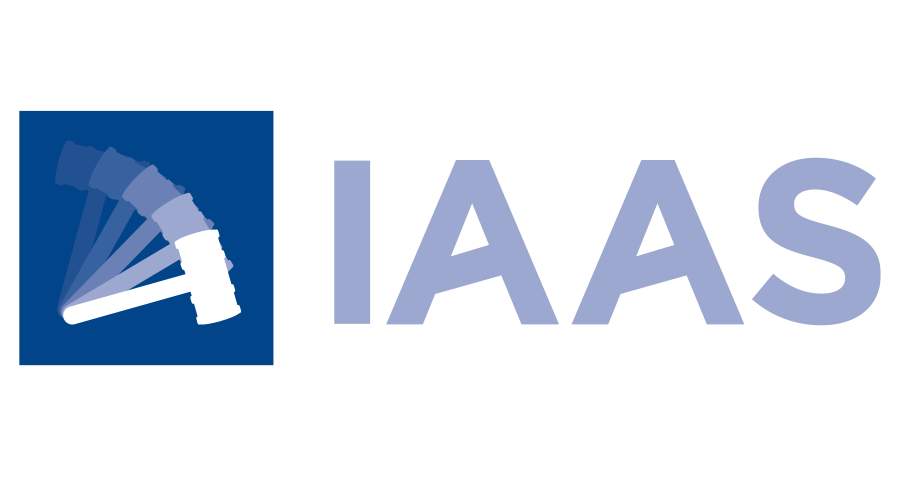Expanding into online used machinery, industrial equipment and liquidation sales is proving good business for a number of Scotland’s livestock marts, says Neil Wilson, Executive Director of the Institute of Auctioneers and Appraisers in Scotland (IAAS).
Reports are showing a marked uplift on non-livestock sales year-on-year as demand goes beyond traditional farming-related items.
“Online auctions became a necessity during the Covid pandemic, and they soared in the period following this, when the lead times on new machinery were so long,” explains Mr Wilson. “Farmers were desperate for second hand kit and were looking across the UK for it so being able to view and buy online to widen the chances of getting what they needed was ideal.”
The extraordinary prices of that period have returned to more normal levels now but selling like this had become more mainstream and has been easy for marts across Scotland to build on, says Mr Wilson. “Marts are seeing higher volumes of trade and increased revenue, and it opens up their audience to across the UK.”
There are now regular used machinery sales across IAAS member marts, with a notable increase in hybrid and online sales across the country. Managing Director at Caledonian Marts at Stirling, Oliver Shearman, which first started online sales in 2015 and now runs 6-7 online machinery and equipment sales a year, says it’s an exciting market:
“For livestock, it’s really important to be around the ring and is so much at the heart of the mart, but for machinery as well as other non-farming equipment there’s no doubt that holding auctions online has been an important string to our bow. The pool of potential buyers is so much greater, and we are selling across the UK and as far as Eastern Europe.”
Mr Shearman says online auctions come into their own for lower value items as well:
“Someone from Dorset wouldn’t travel to Stirling for a £70 spend, but they will bid online and have it delivered, and we are therefore selling much more. It’s just as important locally though, as folk can come in and view the lots when they are in the mart for livestock.”
Mr Shearman says that certain items always sell well, such as second-hand sheep gates, which tend to hold their original value. He has noted a different approach to buying as farming costs rise and margins are tighter, however:
“We are seeing less ‘just in case’ buying. Often at sales, farmers will see a piece of kit, like plates for a plough, that they will buy as back up, but this is much less now as farmers are watching their costs. This is why broadening our market to other sectors and audiences is exciting as well as important.”
With this digital expansion, Caledonian Marts is now recognised beyond the farming sector, including for industrial equipment, liquidations on behalf of accountants and equestrian, as well as across the UK. A particular highlight for Mr Shearman was being approached by a private seller in England to auction his Bentley, which sold for £5,000.
Brian Ross at Lawrie and Symington in Lanark agrees that the increase of plant and machinery sales online has been a huge advantage to both Lanark and farmers and has widened the net across the country. Lanark now has more than 5,000 online customers via Marketplace from the South of Scotland to Orkney, Republic of Ireland, Belgium and Canada:
“Like the livestock it ensures buyers and sellers are getting a true market price. While seeing livestock in the ring will always be key, for machinery and equipment, online works very well and is convenient for everyone. We photograph and detail these really well, and it saves a lot in time and costs running the sales days as much as for those buying and selling. Reaching such a wide market also means we are attracting higher value and a wider range of kit.”
Marts provide both convenience and trust, which buyers appreciate as the second-hand trade can open buyers up to fraud or disappointment, particularly online, says Mr Wilson: “Selling livestock will be always be at the heart of what our marts do, but developing an online platform is a natural extension of their skills and assets.”

